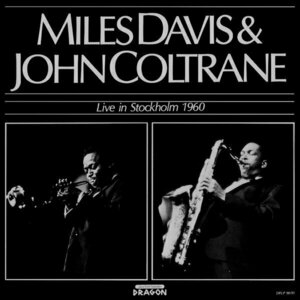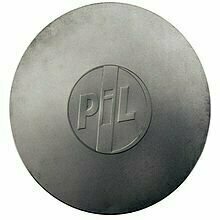
Lisztonian: Classical Piano Music
Podcast
Finally! A free classical piano podcast with no ads and no memberships! Lisztonian...
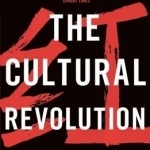
The Cultural Revolution: A People's History, 1962-1976
Book
Acclaimed by the Daily Mail as 'definitive and harrowing' , this is the final volume of 'The...
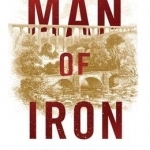
Man of Iron: Thomas Telford and the Building of Britain
Book
The enthralling Sunday Times-bestselling biography of the shepherd boy who changed the world with...
A Balcony Over Jerusalem: A Memoir of the Middle East
Book
A gripping memoir of life in Jerusalem from one of Australia's most experienced Middle East...
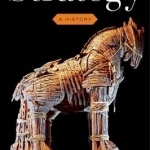
Strategy: A History
Book
Selected as a Financial Times Best Book of 2013 In Strategy: A History, Sir Lawrence Freedman, one...
Darren Hayman recommended Live in Stockholm 1960 by John Coltrane / Miles Davis in Music (curated)
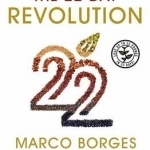
The 22 Day Revolution: The Plant-Based Programme That Will Transform Your Body, Reset Your Habits, and Change Your Life
Book
Join the revolution! From the fitness and nutrition guru who transformed the diets of Beyonce, Jay-Z...

The Negative Calorie Diet: Lose Up to 10 Pounds in 10 Days with 10 All You Can Eat Foods
Book
The #1 New York Times bestselling author, chef, and healthy living expert Rocco DiSpirito returns...
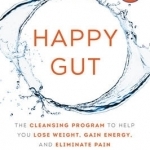
Happy Gut: The Cleansing Program to Help You Lose Weight, Gain Energy, and Eliminate Pain
Book
Following the success of the bestselling Clean Gut and Wheat Belly comes this essential guide to...

